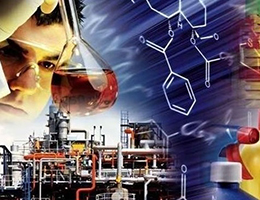Coated Calcium Carbonate
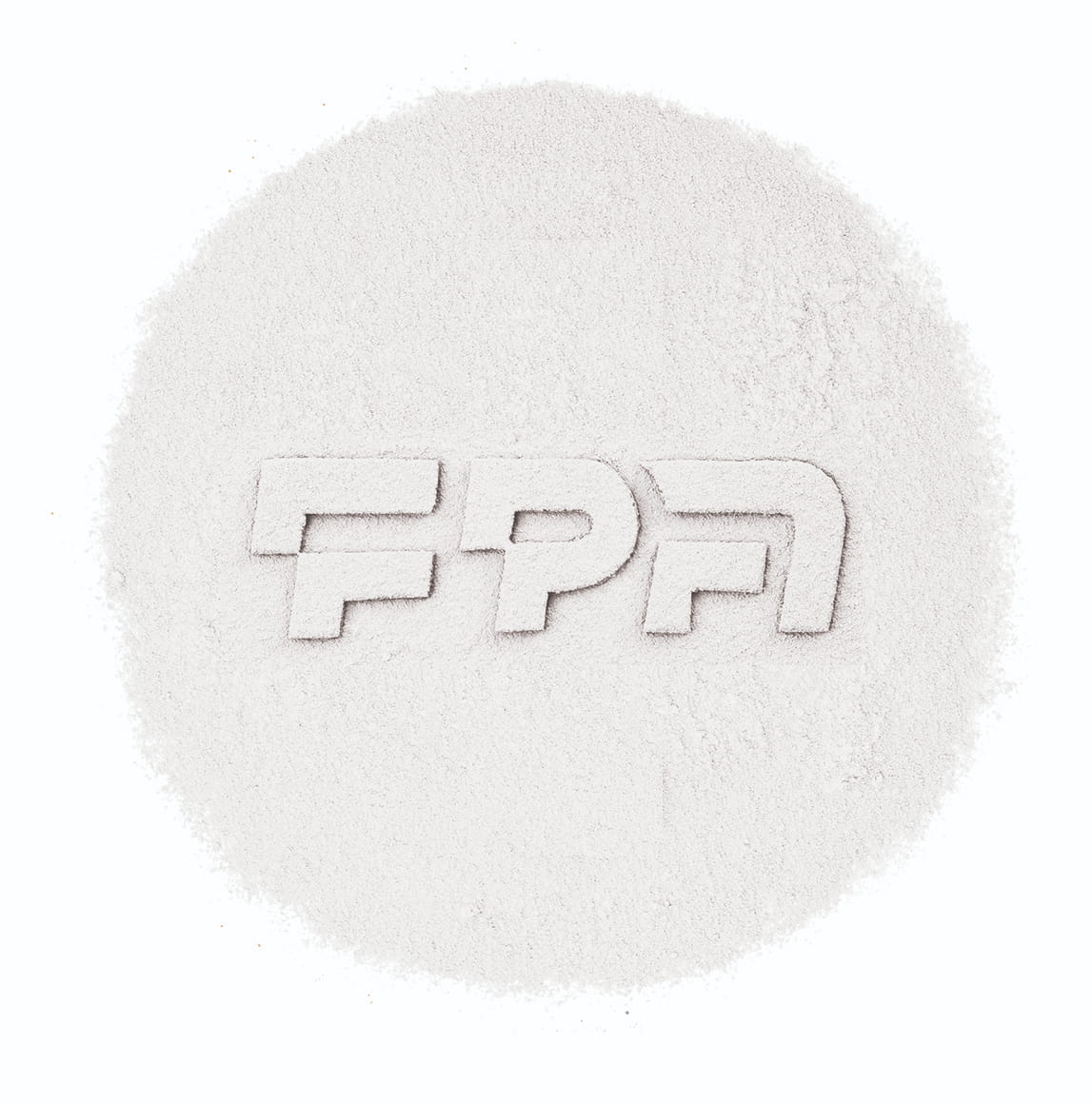
Coated calcium carbonate is a versatile and widely used mineral in various industries. Suppose you plan to start producing products covering calcium carbonate, and its powder type should be used. In that case, you should complete your information about this material and how to choose and buy it correctly. In the rest of this article, we provide a guide for buying coated calcium carbonate powder so you can make an informed purchase and understand the material.
How coated calcium carbonate is produced?
First, discussing how coated calcium carbonate is produced in the coated calcium carbonate factory is better. Bulk coated calcium carbonate is produced through a multi-step process. This process involves producing calcium carbonate and applying a coating material to enhance its properties.
Mining
The production of coated calcium carbonate starts with extracting natural limestone or marble deposits rich in calcium carbonate (CaCO3) from quarries.
Crushing and Grinding
The Calcium Carbonate Processing Plant extracts rocks and crushes them into smaller pieces. The crushers and mills then grind the rocks into a fine powder.
Mixing
From this stage onwards, the coated calcium carbonate powder coating process begins. The calcium carbonate powder is mixed with a coating material, which is chosen based on the desired properties of the coated product.
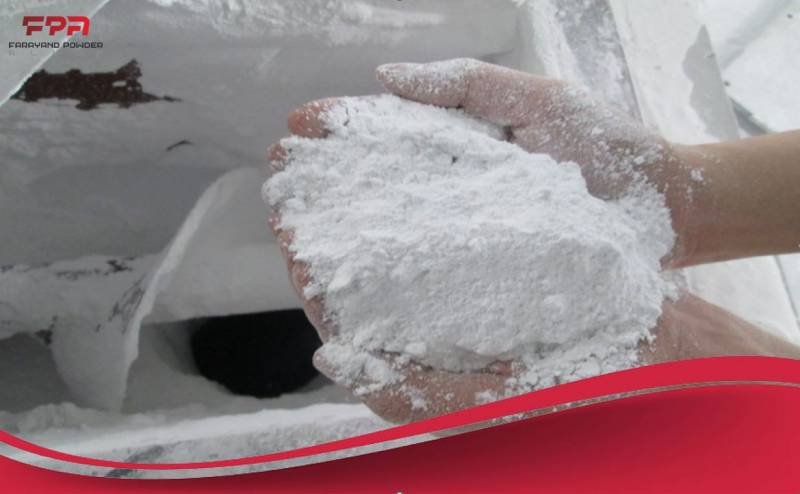
Coating Application
The coating material is applied onto the surface of the calcium carbonate particles using equipment such as pin mills or fluidized bed coaters.
Drying and Cooling
The coated calcium carbonate particles are dried to remove any remaining moisture and then cooled to room temperature. This process results in high-quality Bulk coated calcium carbonate powder
Quality Control
Quality control measures are implemented throughout production to ensure the coated calcium carbonate meets the required specifications, including particle size, coating thickness, and chemical composition. To buy wholesale coated calcium carbonate, you should pay close attention to this production stage.
To know more about What is Coated Calcium Carbonate click here.
Raw material for coated calcium carbonate powder production
The best coated calcium carbonate producer uses high-quality raw materials for its products. Therefore, you should know about these materials and know about their characteristics.
Calcium carbonate raw materials
The primary component utilized to manufacture coated calcium carbonate powder is calcium carbonate ore, which occurs naturally. This ore is typically acquired from deposits of limestone or marble. The calcium carbonate ore is extracted from quarries and purified to remove impurities, producing an exceedingly pure calcium carbonate substance.
Coating Material
When creating coated calcium carbonate powder, different substances are added to modify the surface properties of the calcium carbonate particles. These substances may include stearic acid, fatty acids, polymers, and other chemicals. The selection of coating material depends on the intended use and the desired qualities of the end product.
Chemicals and Additives
Various chemicals and additives are commonly used alongside the primary raw materials when producing coated calcium carbonate. These may include dispersing agents, surfactants, and anti-settling agents. The purpose of these additives is to ensure the calcium carbonate particles are evenly coated and dispersed throughout the production process.
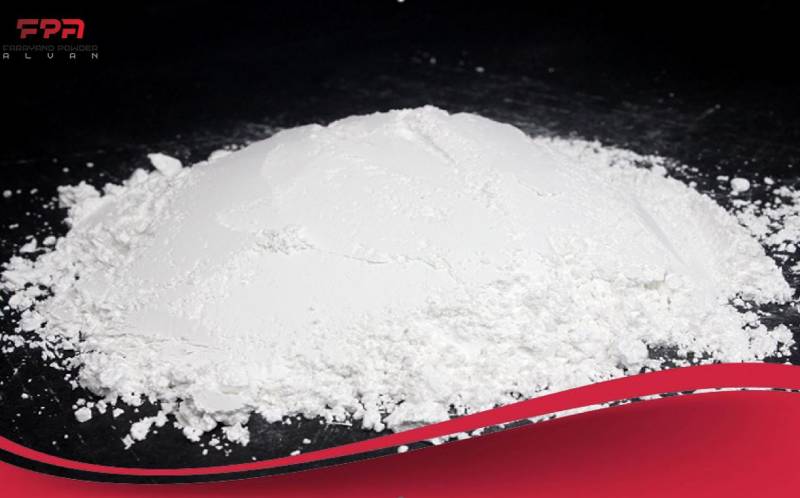
Wholesale-coated calcium carbonate
Businesses and manufacturers in various industries can benefit from purchasing wholesale coated calcium carbonate from Wholesale coated calcium carbonate manufacturing plant.
One of the most significant advantages of buy coated calcium carbonate powder in bulk is the potential for cost savings. Suppliers often offer discounts and reduced unit prices when buying in bulk, significantly lowering the overall production costs.
This is particularly important for industries where calcium carbonate is a primary raw material, such as plastics, paints, and construction. Cost-effective procurement of wholesale coated calcium carbonate allows companies to maintain competitive pricing for their end products, improve profit margins, and potentially reinvest in other operations.
It is common for coated Calcium carbonate manufacturing plants to follow strict quality control protocols. This ensures that their products are more likely to meet consistent quality and performance standards than smaller, less regulated sources.
Consistent quality is essential for pharmaceuticals, food processing, and cosmetics industries, where product purity and uniformity are critical. By purchasing wholesale, you can rely on receiving a dependable, high-quality product that meets your specifications, which reduces the risk of production delays and product defects.
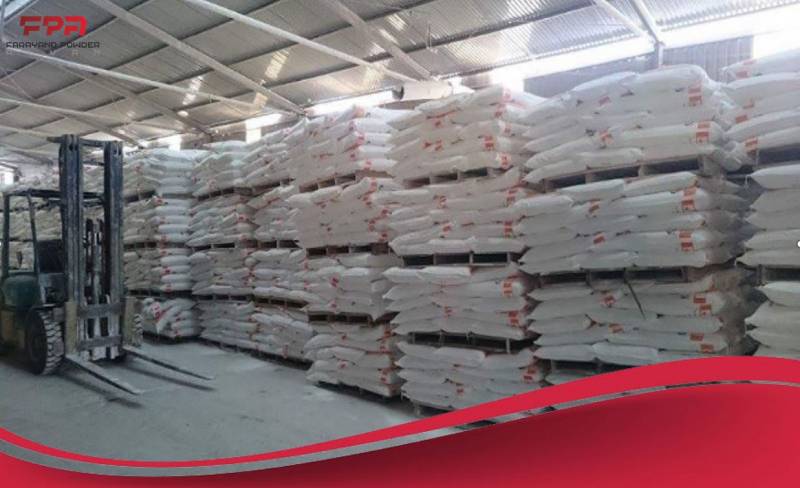
Coated Calcium Carbonate Manufacturer
If you intend to buy coated calcium carbonate, you should know what features a good producer of coated calcium carbonate has. For this reason, we examine the essential factors in this section.
High-Quality Products
The foremost characteristic of a top-coated calcium carbonate Wholesaler is the consistent production of high-quality products. They should use high-purity calcium carbonate and employ advanced coating technologies to ensure uniform and reliable performance of their coated calcium carbonate. Quality control measures, including rigorous testing and certifications, are integral to their production process.
Advanced Technology and Expertise
Leading coated calcium carbonate suppliers invest in state-of-the-art equipment and firmly commit to research and development. They stay up-to-date with the latest coating techniques and have a team of experts with deep knowledge in materials science. Their technical expertise allows them to tailor coatings to meet specific industry requirements, ensuring the optimal performance of their products in various applications.
Customization and Flexibility
The best-coated calcium carbonate manufacturer in Iran recognizes that different industries have unique needs. They offer a range of coating options, particle sizes, and grades to cater to diverse customer demands. They should also be willing to collaborate with clients to develop custom solutions when necessary, demonstrating flexibility and responsiveness to evolving market requirements.
Customer Support
Exceptional coated calcium carbonate Powder Wholesaler provide excellent customer support, including technical assistance, product information, and responsive communication. They aim to establish long-term client partnerships by offering ongoing support and promptly addressing concerns.
Buy coated calcium carbonate
When buying coated calcium carbonate, it's essential to consider several key points to ensure you are getting a product that meets your specific needs.
Purity and Quality
The first and foremost factor to consider is the purity and quality of the coated calcium carbonate from Calcium Carbonate Industries. When searching for a supplier or manufacturer for calcium carbonate, selecting one with a good reputation and who can provide comprehensive details about the product's chemical composition and quality control measures is important.
It is recommended to ensure that the calcium carbonate you choose meets industry standards for purity, typically around 98% or higher. Coated calcium carbonate is commonly used in the pharmaceutical, food production,paints, and plastics manufacturing industries, where product purity is paramount.
Particle Size and Coating Thickness
The particle size and coating thickness can significantly impact the performance of coated calcium carbonate in your application. Different industries require different particle sizes and coating thicknesses, so specify your requirements to the supplier.
For example, fine particles with precise coating thickness may be needed in the paint industry for optimal dispersion and hiding power. In contrast, larger particles with a thicker coating might be preferred in the food industry for better flow properties. Working closely with the supplier ensures the correct application particle size and coating thickness.
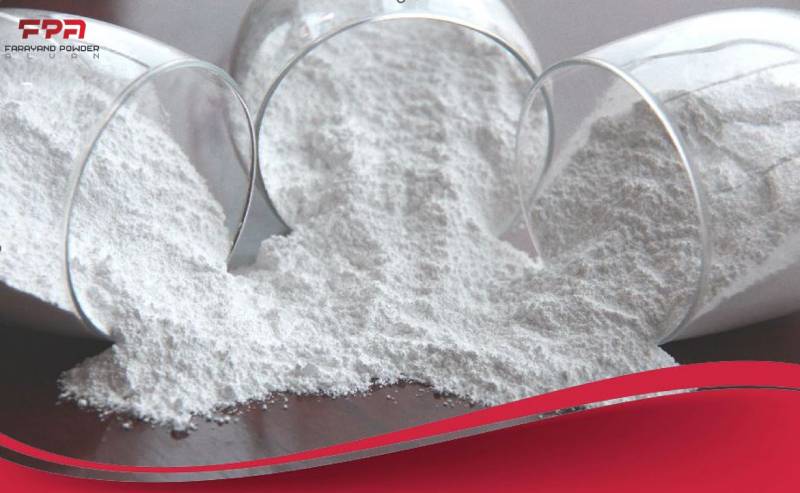
coated calcium carbonate price
A combination of market dynamics and production-related factors influences the price of coated calcium carbonate. Market demand is pivotal in determining this product's worth, as demand fluctuations can result in price variations. Additionally, the availability of substitutes and competitive products can impact pricing, as customers may opt for alternatives if coated calcium carbonate prices become too high.
On the production side, factors such as the cost of raw materials, manufacturing processes, and labor expenses also contribute to price fluctuations. Efficient production methods and access to cost-effective raw materials can help manufacturers offer competitive coated calcium carbonate prices, while rising production costs can put upward pressure on prices.
Factors affecting the price of Coated Calcium Carbonate
In addition to knowing about choosing the best-coated calcium carbonate suppliers, if you intend to buy coated calcium, you need to know about the many factors affecting the price of this material.
The price of coated calcium carbonate is influenced by various factors that span the production process, market dynamics, and external economic and environmental conditions. Understanding these factors is crucial for coated calcium carbonate manufacturer in Iran, distributors, and consumers to make informed decisions. In this discussion, we will delve into the key elements affecting the price of coated calcium carbonate.
Raw Material Cost
The primary raw material for calcium carbonate production is limestone. Fluctuations in the prices of limestone, which can be influenced by mining costs, transportation expenses, and regulatory changes, directly impact the overall production cost of coated calcium carbonate. Producers must monitor and adapt to these changes to maintain competitiveness in the market.
Production Technology
The manufacturing process for coated calcium carbonate involves surface modification techniques. Innovations in production technology can lead to more efficient operations, reducing production costs. Conversely, outdated or inefficient technologies may result in higher costs, affecting the product's final price.
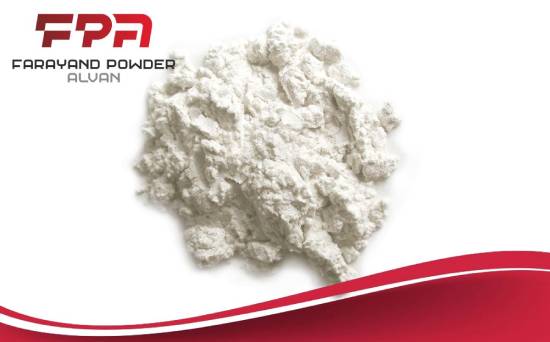
Energy Costs
Energy-intensive production processes are standard in the chemical industry. Fluctuations in energy prices, influenced by geopolitical events, supply and demand dynamics, and environmental policies, directly impact production costs. coated calcium carbonate Factory may pass these cost changes onto consumers through adjustments in product prices.
Market Demand and Supply
The basic economic principle of supply and demand plays a significant role in determining prices. If demand for coated calcium carbonate increases, while the collection remains constant or decreases, prices will likely rise. Conversely, an oversupply in the market may reduce costs as producers compete for market share.
Quality and Purity
The quality and purity of coated calcium carbonate can vary based on production methods and raw material sources. Higher-quality products often command premium prices in the market. Producers investing in quality control measures to ensure consistency and purity may position themselves as reliable suppliers, affecting the perceived value of their products.
Regulatory Compliance
Stringent environmental regulations and compliance requirements can increase production costs for calcium carbonate producers. Investments in environmentally friendly practices and compliance with safety standards may result in higher costs, which could be reflected in the product's price.
Global Economic Conditions
Global economic factors, such as inflation, currency exchange rates, and financial stability, can impact the cost of production inputs and logistics. Economic downturns may lead to reduced demand, affecting prices, while economic growth may drive up demand and prices.
Transportation and Logistics
The cost of transporting raw materials to production facilities and finished products to end-users is critical to the overall cost structure. Fuel prices, transportation infrastructure, and geopolitical events affecting shipping routes can influence transportation costs, subsequently impacting the final product price.
Competitive Landscape
The presence of multiple producers and suppliers in the market creates competition. Intense competition may drive producers to optimize costs and offer competitive prices to capture or maintain market share, directly affecting the market price of coated calcium carbonate.
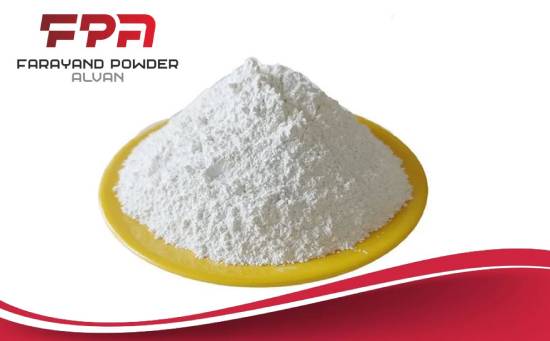
Conclusion
Coated calcium carbonate is a remarkable mineral that has revolutionized various industries with its tailored properties and diverse applications.
Its cost-effectiveness, environmental friendliness, and ability to enhance product performance make it a sought-after material in industries ranging from paper and paints to pharmaceuticals and food.
Understanding the unique advantages of coated calcium carbonate powder can empower businesses to optimize their processes, reduce costs, and deliver high-quality products to consumers while contributing to a more sustainable future. Whether you are a coated calcium carbonate Manufacturer or a consumer, coated calcium carbonate shapes the products we use daily.
With over 30 years of experience in producing various industrial micronized powders and an experienced team with extensive knowledge of pigments, Farayand Powder Alvan Co. has been a reputable supplier in various industries and is honored to provide technical consultation to customers for the best and most economical solutions.
Applications
Using coated calcium carbonate as a filler makes a significant increase in resistance. It also improves the surface quality and decreases the possibility of fracture when producing plastic items.
As a result, this valuable filler is used in manufacturing the plastic parts and components.

The use of coated calcium carbonate in producing rubber increases the resistance of the final product and diminishes its depreciation and corrosion.
The result is extended longevity of the product. In addition, this substance enhances the brightness and the quality of the surface of these products.
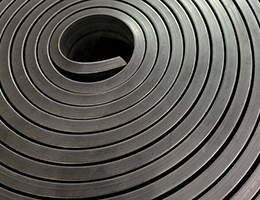
Since natural calcium carbonate is hydrophilic, therefore its application as a filler with polymers will lead to sintering (lump formation) which will result a compromised diffusivity and lower quality of final product. The solution is coating the surface of calcium carbonate with stearic acid.
Coated calcium carbonate leads to an increased resistance in the casing (lining) of polymer pipes and products. Enhanced surface quality of products and pipes’ casing (lining) and a lower possibility of fractures in the final product are other advantages of coating.
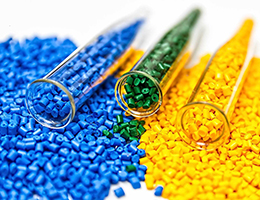
Using coated calcium carbonate leads to manufacturing brighter colors. It also enhances the diffusivity of pigments and the quality of the paint, therefore it makes difference to use coated calcium carbonate instead of uncoated calcium carbonates in other different applications like decorative and high-quality paints, resistant plastic equipment (including automobile parts, toys), etc.
